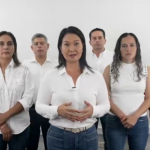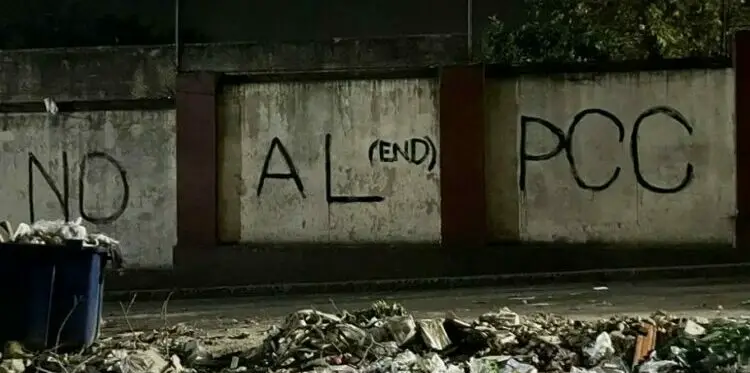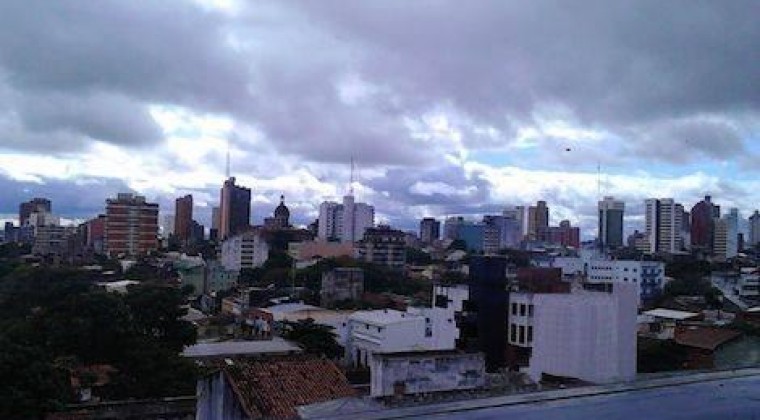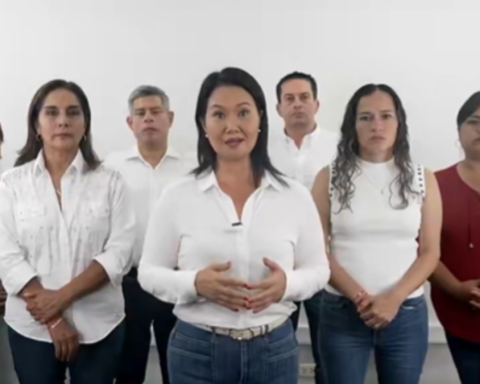May 2, 2023, 4:52 AM
May 2, 2023, 4:52 AM
In a true melodrama, the internal quarrels of the MAS have taken over all the discursive spaces in recent months. The national political agenda has been reduced to mutual accusations that finally reveal its corrupt nature, but it would be a mistake to think that the MAS has divided, the monolithic coalition action when it comes to blocking the democratic forces in congress, make it clear that the “Division” is only a functional act that basically has not altered the internal unity of the MAS, when two thirds are required, all differences disappear as if by magic, this allows us to see that what it is about is motivated internal tensions due to economic interests and power quotas, but only that, tensions that otherwise are part of all political organizations.
Even in the hypothesis of a “definitive” division, the unity of the MAS is guaranteed by a sense of identity survival, something like the awareness that, deep down, they are the same because they have positioned themselves from a part of reality that we could denominate as the original-peasant space of national modernity.
Consequently, it is not a question of the ebbs and flows of Power, of the political insight capable of taking advantage of a certain political capital, it is a question of a historical determinant located at the base of all its acts and which, to use Medinacelli’s sentence, is expressed as a “sense of race” that surrounds and gives meaning to all masista attitudes and determinations, including their own divergences.
The problem of the MAS does not lie in distributing the spoils of the State that they administer, his problem is actually preventing politics from becoming deindianize and that, as an effect of this phenomenon, Bolivian society resumes the course of the capitalist and liberal modernity that prevails in the Western world, in other words, what divides them is the feeling that the Citizen Power resumes the course of the history beyond the precepts of race that guide the MAS governments until today, and what unites them is the certainty that these precepts will vanish in the blink of an eye when the citizenry retakes Power and reformulates the management of the State to the margin of any sense of race.
Some want to survive by adapting to the idea that the ethnic society they dreamed of is not possible in the 21st century, and the others insist on rebuilding a myth under the hegemony of the Andean-Aymara culture. The first (the renovators) are aware that the only way to not pass over to the vast group of conservative parties is to rescue the impulses of the middle classes and their potential allies, the second, those of Evo and Choquehuanca, firmly believe that reviving the past is still possible and also desirable as a guarantee of survival.
Undoubtedly it is a deep internal crisis of the masismo whose guarantee ticket (at least until recently) was the identity of race. Today when all the foundations of the Masista Power show serious signs of decomposition, clinging to the idea that tradition and ancient culture are enough to subdue a citizenry in the victorious concert of modernity, does not seem to be the best formula.
This structural situation, this of having to decide whether to continue clinging to the sense of race, or to adhere to the course of 21st century history with its lights and shadows, is what is expressed in the struggles between “renovators” and ” radicals” of the MAS, deep down, is the expression of the State of 52 that gave them life in the last stretch of their motley existence.
















